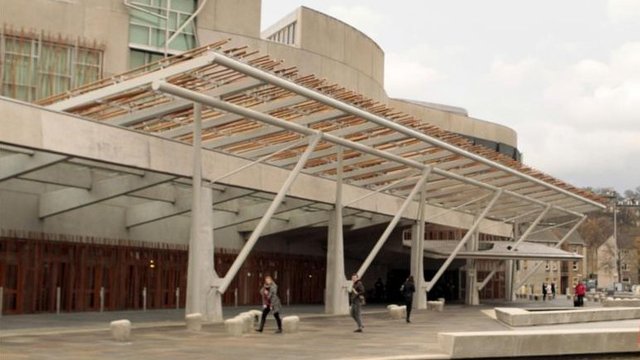On Air Now
The Capital Evening Show with Jimmy Hill 7pm - 10pm
18 September 2017, 13:13

Proposals to modernise defamation law in Scotland have "a significant gap" when it comes to online character attacks, lawyers have warned.
The Faculty of Advocates has raised concerns that the plans do not adequately cover "secondary publishers" - those who are not the author, editor or publisher of the statement complained of but who make it available online.
The Scottish Law Commission, which advises the government on law reform, is consulting on a draft Bill to modernise defamation laws in Scotland following major reform in England and Wales in 2013.
Commenting on the draft Bill, the faculty said the treatment of secondary publishers was an important issue.
It said: "Given that the Bill is intended to create a comprehensive legislative scheme, we consider this is an issue which should be included. Failure to do so risks leaving a significant gap in the proposed legislation.
"Online communication, often on hosted websites, is an increasingly common aspect of defamation litigation. That is a trend that is likely to accelerate.
"We note that the Commission takes the view that any such review would be more appropriate on a UK wide basis. However, we are unaware that there is any such exercise pending.
"The effect of delay, therefore, might be that a Bill designed to provide a comprehensive statement of the law in this area will not do so, based only on a potential future UK review.
"We have a concern over such an approach. The Scottish courts can, and do, require to address these issues on an ongoing basis."
The faculty said it was also concerned the wording of the Bill could exclude MSPs and others from seeking redress if they are defamed.
It noted a principle laid down in an English case - that a governmental body or an organ of government could not sue for defamation - had been widened to cover a person "if the person's functions include functions of a public nature."
The submission said: "Take, for example, an MSP who wishes to raise proceedings in defamation. Are they excluded and, if so, to what extent?
"What about an employee of such an MSP? Is a doctor whose role extends to assisting in the running of a health board precluded from bringing proceedings?
"In our opinion, thought should be given to defining public authorities more tightly."